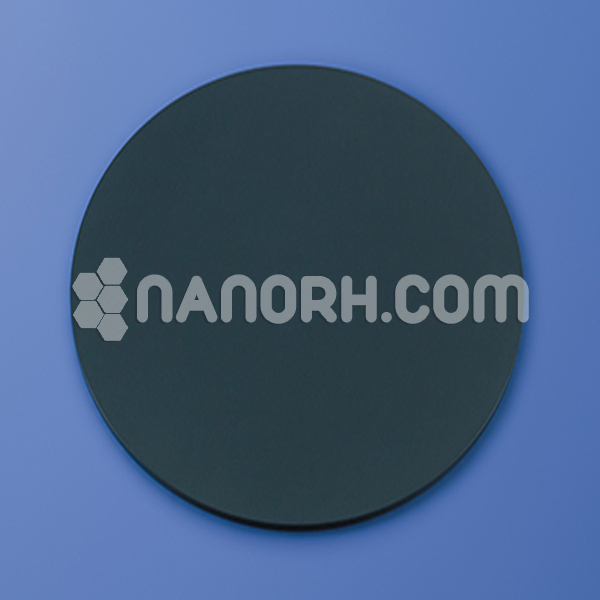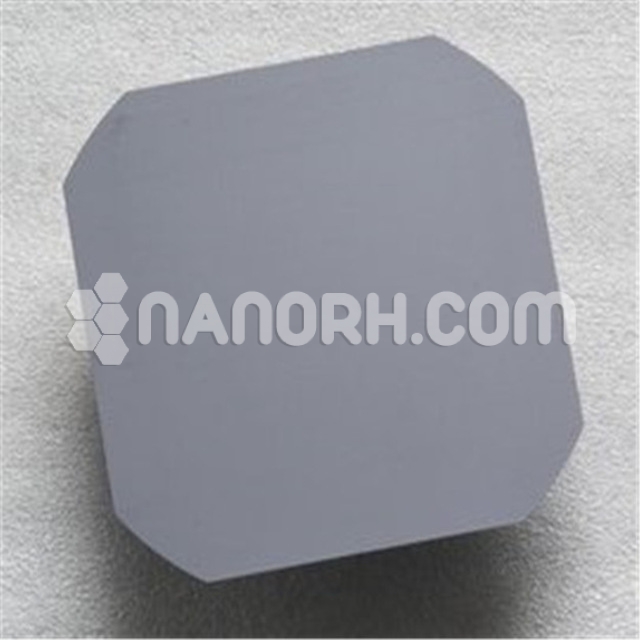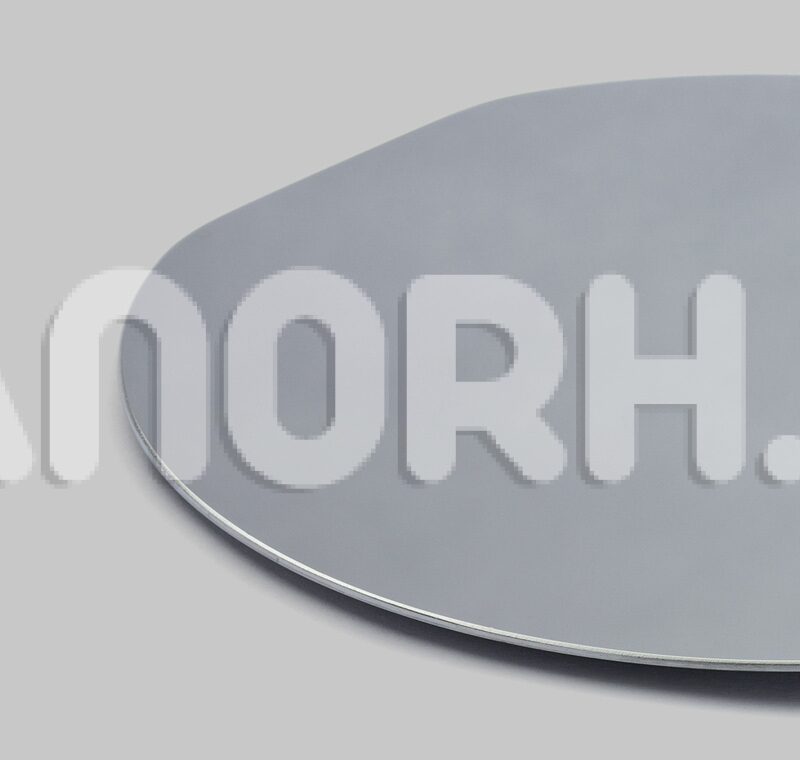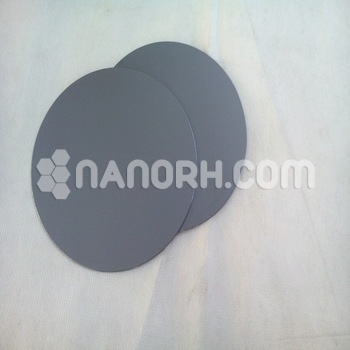| Lead Calcium Titanate Sputtering Targets | |
| Product No | NRE-43242 |
| CAS No. | NA |
| Formula | Pb0.7Ca0.3TiO3 |
| Molecular Weight | 343.14 |
| Purity | >99.9% |
| Density | NA |
| Thickness | 3 mm ± 0.5mm (can be customized) |
| Diameter | 50 mm ± 1mm (can be customized) |
| Shape | Round |
| Resistivity | NA |
| Thermal Conductivity | NA |
Lead Calcium Titanate Sputtering Targets
Introduction
Lead calcium titanate sputtering targets is a perovskite oxide that exhibits unique ferroelectric and piezoelectric properties, making it a versatile material in various applications. This compound combines the properties of lead titanate and calcium titanate, resulting in a tunable dielectric response and enhanced stability. Sputtering targets made from lead calcium titanate are used for depositing high-quality thin films, enabling advancements in electronics and sensor technologies.
Applications
Ferroelectric Devices
Lead calcium titanate is commonly used in ferroelectric capacitors and memory devices, where its ability to retain polarization states enhances data storage capabilities.
Piezoelectric Sensors and Actuators:
Due to its excellent piezoelectric properties, lead calcium titanate is utilized in sensors and actuators that convert mechanical energy into electrical energy and vice versa, applicable in various industrial and consumer devices.
Thin Film Transistors (TFTs):
The material can be employed in TFTs for displays and other electronic applications, enhancing performance and reliability through its semiconducting properties.
Capacitors:
Lead calcium titanate is used in high-performance capacitors, leveraging its high dielectric constant to improve capacitance and reduce size in electronic circuits.
Energy Harvesting Devices:
The piezoelectric properties of lead calcium titanate make it suitable for energy harvesting applications, where mechanical vibrations are converted into electrical energy.
Optoelectronic Devices:
The compound can be utilized in optoelectronic applications, including light-emitting devices and photodetectors, benefiting from its unique electronic properties.




